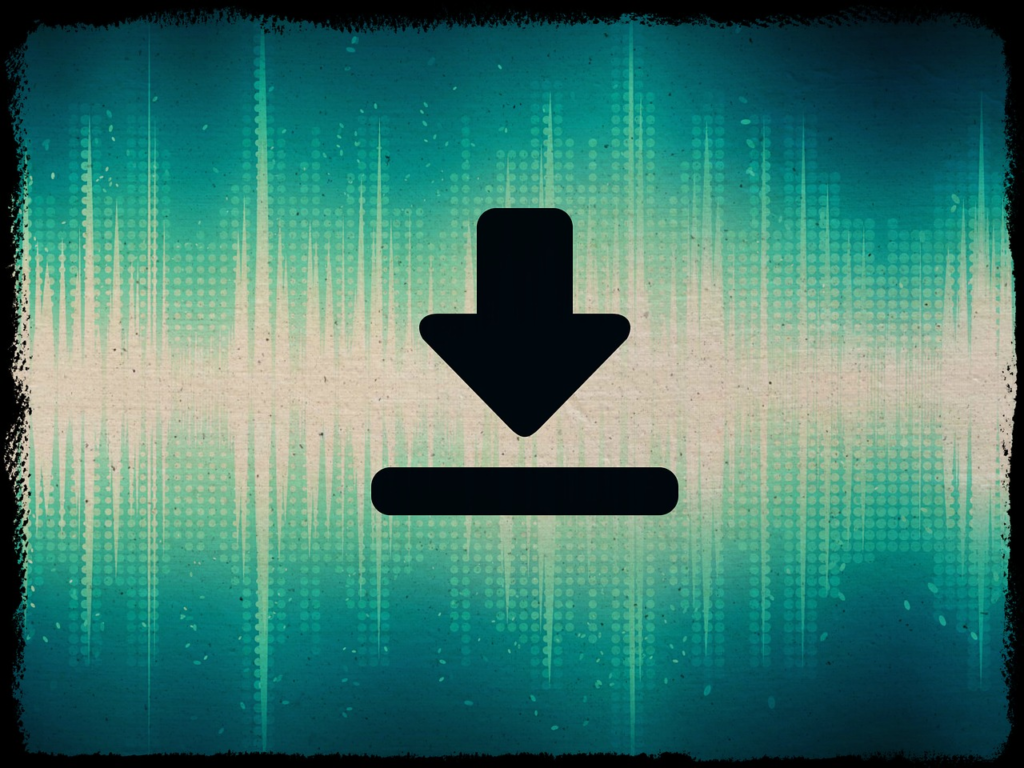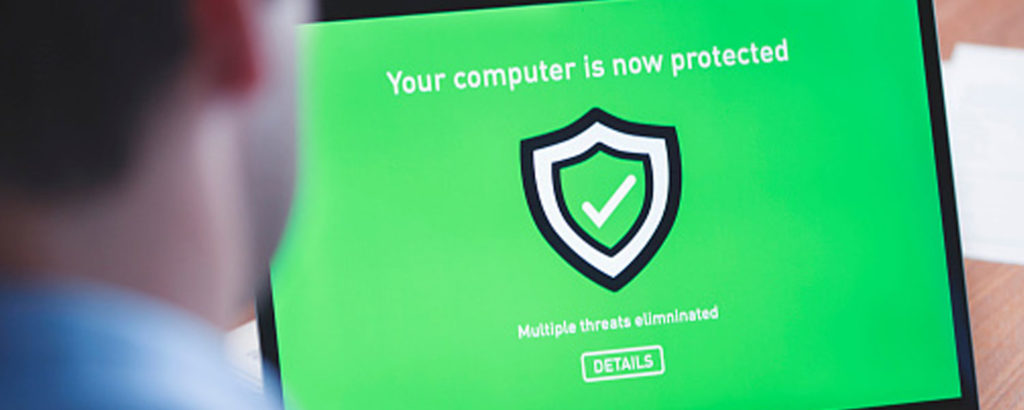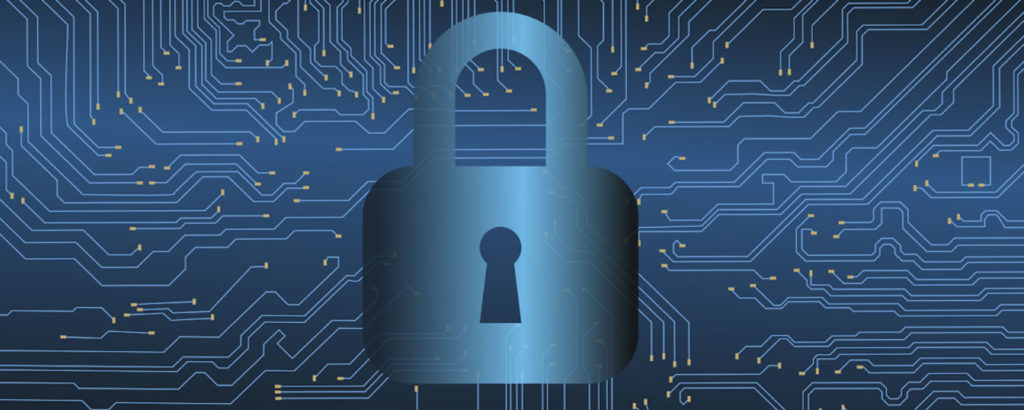
Cloudflare’s 1.1.1.1 service and WARP app are a new free VPN and DNS resolver integrated service solution. This service wraps your DNS queries to meet your speed and security needs. After wrapping, WARP routes your DNS queries to the fastest DNS resolution service, Cloudflare’s 1.1.1.1 service. When Cloudflare announced this service two years ago, people were excited to benefit from the increased speed.
WARP essentially speeds up the process of loading your next webpage with its fast DNS resolution. It may also help you avoid man-in-the-middle (MIM) attacks!
In this article, I’ll explain how WARP works in more detail and how it differs from traditional VPNs. First, I’ll tell you what exactly WARP is.
Get the Latest TechGenix Tech News Here
What Is WARP?
When you use the 1.1.1.1 app, it protects your DNS queries from snoopers. WARP adds an encryption layer to your internet data to protect you against cyber threats.
The 1.1.1.1 app supposedly provides you with an anonymous browsing experience. Yet, the Cloudflare documentation states that its servers keep your original IP address for two years.
WARP is free, but Cloudflare offers another package called WARP+. This premium package provides the same features as their basic version, but without usage restrictions.
The cost per gigabyte will reflect whatever pricing model you use to best suit your needs (Mbps/GB). In general, the more data you consume, the larger the cost you pay for the premium.

What Is a VPN?
As mentioned earlier, a VPN encrypts data when it leaves your device. You can also choose to encrypt your connection to the VPN server or the final end-point.
Pro Tip: Opt for data encryption between your device and the final endpoint for maximum security.
You might think a VPN only helps you remain anonymous on the internet, but VPNs also have many other benefits. For starters, VPNs change your IP address, so you can access geo-restricted content. They may also protect you from IP-based attacks like DDoS. Finally, they could help you evade content-based bandwidth throttling.
When searching for the best VPN to use, check the encryption method used. The larger the encryption bit value, the better. Above all else, remember to ask the vendor if the solution uses end-point encryption. Otherwise, the provider will have access to your data, defeating the purpose of a VPN. VPNs without a strong privacy policy put your data at risk!
At this point, you’re probably wondering: how is WARP different from a VPN?
Is WARP Really a VPN?
WARP isn’t a VPN in the usual sense. As we’ve seen above, VPNs hide your identity, so you can access global content and gain online anonymity. WARP, on the other hand, focuses on speed. It’s still safe to use, but it doesn’t offer a VPN’s advanced security.
Conversely, some VPNs may also slow down your connection with their tunneling methods.
Many VPNs today claim this isn’t an issue anymore, but you may face this issue with lower-quality providers. Cloudflare claimed they were improving on VPN technology and reducing its disadvantages. Let’s compare key features in WARP and VPNs to see the main differences between the two.
Differences Between WARP and a VPN
| Feature | WARP | VPN |
| Privacy | WARP doesn’t hide your identity, only speeds up your connection.Cloudflare is US-based, a member of data-sharing alliances, so you can’t trust the company to completely safe keep your privacy. | VPNs hide your location and identity, but governments can still monitor you.VPNs don’t need your personal information (credit card, email address). |
| Security | WARP is a tool for fast, secure data transfers, but it doesn’t anonymize you.WARP doesn’t prevent third-party IP tracking. | VPNs encrypt your data and hide your IP address. They also give you thousands of IP options depending on their server fleet.VPNs can provide up to 256-bit encryption standards. |
| Pricing | WARP is free to use with Cloudflare’s 1.1.1.1 app.WARP+ Unlimited is a premium plan that gives you unlimited data and premium features (price may vary per region). | VPNs have free to use versions, though some believe these compromise your data.Premium VPNs offer unlimited usage and end-point protection or ‘tunneling’ capabilities. |
| Infrastructure compatibility | WARP now has an app available on desktops, for macOS and Windows users.WARP’s muti-login policy on one account is unclear. | VPNs have apps for desktop and mobile platforms, balancing performance with efficiency.Some VPNs also offer a free browser extension. |
| P2P file sharing | WARP isn’t good for P2P file-sharing: it doesn’t anonymize you.Cloudflare collects too much data to be considered a safe torrenting tool. | VPNs offer you better protection overall when torrenting.VPNs should also have end-point encryption. Otherwise, you can still be traced. |
| Money-back guarantee | WARP+ doesn’t offer a money-back guarantee.WARP’s refund policy is unclear and differs between iOS and Android. | VPNs often have a money-back guarantee in case of dissatisfaction.VPN providers also often offer a 1-month free trial to support your purchase. |
The Verdicts
Privacy
Don’t expect full privacy protection from either. Still, look for a No-Logs VPN with end-to-end encryption to minimize data collection and tracking.
Security
Look for a larger encryption bit value. Expect similar security from WARP and VPNs, because they use similar encryption technologies.
Pricing
WARP and VPNs have free options, but premium services are often worth the money. These give you more features without any hassle.
Device Compatibility
WARP and VPNs both have cross-platform compatible apps for ease of use across all devices.
Peer-to-Peer File Sharing
VPNs offer more security than WARP for P2P sharing, but governments can still trace back your activity in both cases.
Money-Back Guarantees
VPNs offer more leeway financially, but both WARP and VPN have free versions you can benefit from if money is a concern.

Final Thoughts
Ideally, you should implement WARP and VPN together to give you the fastest and most secure internet experience possible. Mainly, WARP focuses on delivering the fastest DNS lookup possible, and that’s what makes it different from a VPN.
WARP without VPN is no security at all. It isn’t enough to encrypt your DNS queries. You also need complete data encryption. Combine WARP with a VPN to maximize your security and speed.
Have more questions about WARP or VPNs? Check out the FAQs and Resources sections below.
Get The Latest Tech News Here!
FAQ
What is WARP?
WARP is Cloudflare’s DNS query protection software that offers faster web page loading. It routes DNS queries faster than any DNS query service on the internet. The service also encrypts your DNS query with a VPN to hide what you’re looking at. This encryption doesn’t protect the rest of your data though, so you also need to also use WARP with a VPN.
What is a VPN?
A Virtual Private Network (VPN) is where a computer connects to another computer across the internet through a server intermediary, the VPN server, that encrypts connection data. Encryption can be either between your computer and the VPN server or between endpoints with the VPN server ‘tunneling’ the data. Tunneling means your data isn’t decoded at the VPN server, making it more secure.
How does a VPN protect my internet connection?
VPN solutions encrypt data between your computer and the VPN server that sits between two computers. Some VPNs also encrypt data between endpoints, so your data is encrypted between your device and the end computer. This means the VPN doesn’t handle unencrypted data, making it more secure than the previous process.
How do cybercriminals gain access to your wireless internet data?
Often, cybercriminals gain access to your wireless network and data transferred across it through a ‘man-in-the-middle’ (MIM) attack. Cybercriminals intercept unencrypted data using an antenna near the target’s wireless network connection. Then, they’ll redirect the data to your router. An MIM allows attackers to essentially see and interact with your data remotely. Cybercriminals can also download or upload data onto the target machine, making it a dangerous attack. Use a VPN to encrypt wireless traffic to reduce the risk of a third party monitoring your system.
How can I improve the security of my mobile device?
Most cybersecurity providers can offer you a mobile-friendly VPN and lightweight antivirus software you can download from various app stores. Use the antivirus to periodically scan your mobile device for malware. You should also connect to a VPN every time you need to use the internet. Using both methods can drastically improve your chances of staying safe from cyber attackers.
Resources
TechGenix: Why You Need a VPN
Learn why you need a VPN in this insightful article here.
TechGenix: Double VPN
Read up on what double VPNs are and how you can benefit from them here.
TechGenix: Tor Vs. VPN
Discover the difference between using Tor and a VPN to protect your identity here.
TechGenix: Remote Working With VPNs
Understand how critical VPNs are to ensuring your remote business success here.
TechGenix: Top Business VPNs
Learn about the best business VPNs you can get in this article here.



